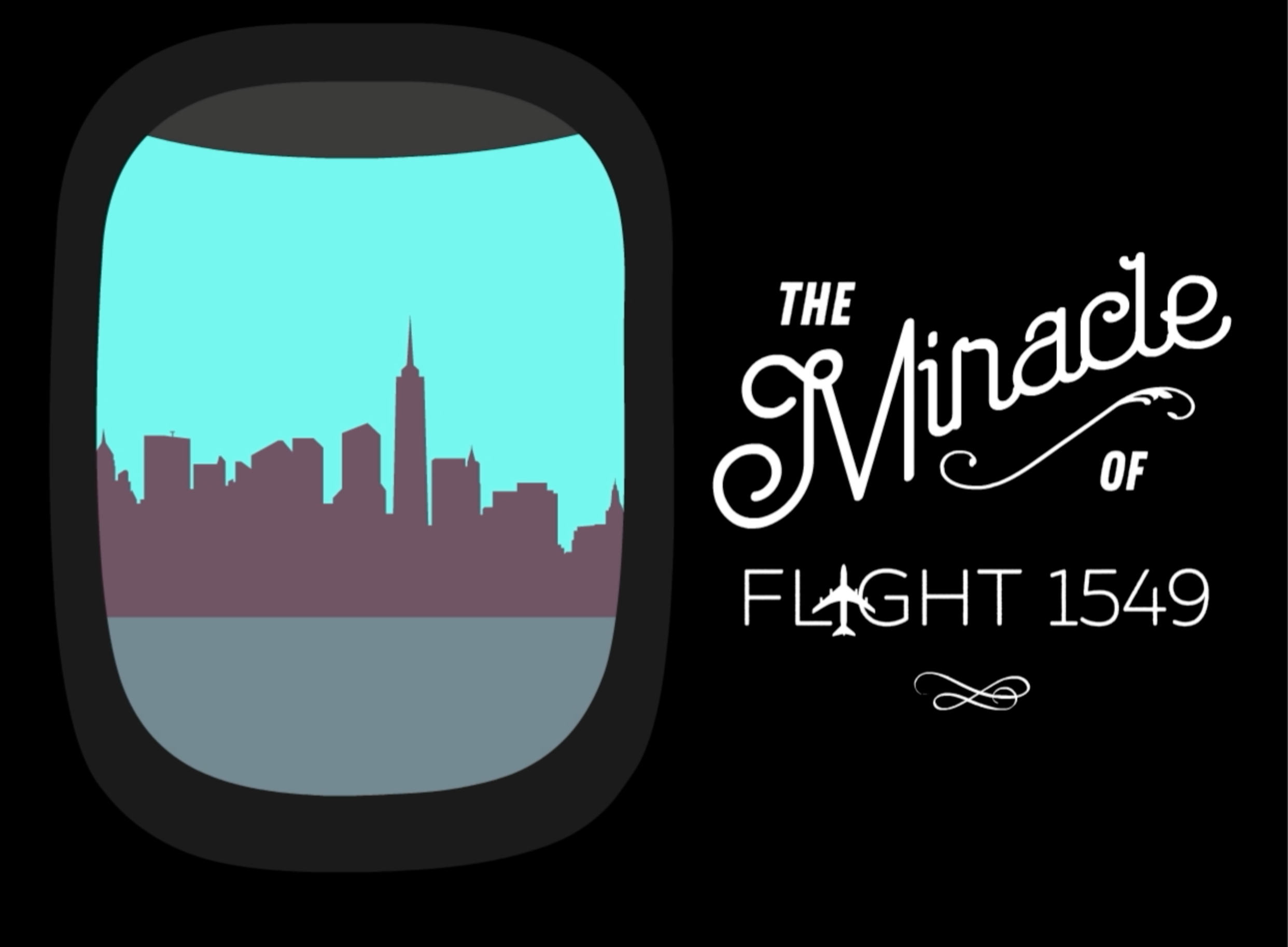
EQ Case Study: Director John M. Chu and Coldplay

Have you ever wanted something really, really badly—but the person who had the power to give it to you refused to do so?
That’s the situation film director Jon M. Chu found himself in recently. Chu found what he felt to be the perfect song to end his new movie, Crazy Rich Asians: “Yellow,” by Coldplay.
First, studio executives were concerned that the song would evoke negative stereotypes, Chu told Quartz in an interview.
“They were like, ‘Whoa, we can’t do that, what do you think people will say?’ And I told them, ‘Well, a white director couldn’t do it.'”
But Chu managed to convince the studio. “All credit to them,” he says. “I said, ‘Guys trust me on this one’ and they gave in.”
There was only one problem: Coldplay rejected Chu’s request to use the song.
At this point, Chu could have let his emotions get the best of him. He could have become frustrated and said: “Man, forget those guys. That song isn’t so great anyway.” Or he could have tried to use his own connections in Hollywood to try and somehow force Coldplay’s hand.
Instead, Chu exercised emotional intelligence.
He took time to gather his emotions, getting them under control instead of letting them control him. He then channeled those feelings into a powerful narrative, one that would allow him to share the profound effect the song had on him.
Chu shared his feelings in a direct letter to the band.
“I know it’s a bit strange, but my whole life I’ve had a complicated relationship with the color yellow,” Chu’s letter begins. “From being called the word in a derogatory way throughout grade school, to watching movies where they called cowardly people yellow, it’s always had a negative connotation in my life.
“That is, until I heard your song.”
He continues:
“For the first time in my life, it described the color in the most beautiful, magical ways I had ever heard: the color of the stars, her skin, the love. It was an incredible image of attraction and aspiration that it made me rethink my own self image.”
Chu goes on to empathize with the band members: “I know as an artist it’s always difficult to decide when it’s ok to attach your art to someone else’s—and I am sure in most instances you are inclined to say no,” he writes. Chu then goes on to explain why he feels so strongly about having “Yellow” in the film, along with the impact he believes it will have on others. (You can read the complete letter at the end of this post.)
But would Chu’s letter have the desired effect? Would the band relate to his feelings? Would they connect to his deep, personal journey?
Most of all, would they change their minds?
Within an hour, Coldplay emailed Chu back granting him permission to use the song.
(Viewers will hear the song featured at the climax of the film, sung in Mandarin by The Voice contestant Katherine Ho.)
So, the next time you’re faced with a situation in which you’re frustrated by someone who holds a measure of power over you, don’t give up right away. Take a moment to gather yourself and your emotions. Try to find a way to channel those feelings into a positive force, rather than a negative one. Yes, use logic and reason to deliver your argument—but be sure to share your passion, too.
In the end, it just may help you get what you want…and help you forge a deeper connection with others in the process.
Here is the full letter Chu sent Coldplay, via The Hollywood Reporter. (Warning: Beware of spoilers for Crazy Rich Asians.)
Dear Chris, Guy, Jonny and Will,
I know it’s a bit strange, but my whole life I’ve had a complicated relationship with the color yellow. From being called the word in a derogatory way throughout grade school, to watching movies where they called cowardly people yellow, it’s always had a negative connotation in my life. That is, until I heard your song.
For the first time in my life, it described the color in the most beautiful, magical ways I had ever heard: the color of the stars, her skin, the love. It was an incredible image of attraction and aspiration that it made me rethink my own self image.
I remember seeing the music video in college for the first time on TRL. That one shot with the sun rising was breathtaking for both my filmmaker and music-loving side. It immediately became an anthem for me and my friends and gave us a new sense of pride we never felt before…(even though it probably wasn’t ever your intention). We could reclaim the color for ourselves and it has stuck with me for the majority of my life.
So the reason I am writing this now, is because I am directing a film for Warner Bros. called CRAZY RICH ASIANS (based on the best selling novel) and it is the first ALL-ASIAN cast for a Hollywood studio film in 25 years. Crazy. We were recently featured on the cover of Entertainment Weekly to commemorate the fact.
The story is a romantic comedy about a young Asian-American woman (played by Constance Wu) from New York coming to terms with her cultural identity while she’s visiting her boyfriend’s mother (played by Michelle Yeoh) in Singapore. It’s a lavish, fun, romantic romp but underneath it all, there’s an intimate story of a girl becoming a woman. Learning that she’s good enough and deserves the world, no matter what she’s been taught or how she’s been treated, and ultimately that she can be proud of her mixed heritage.
The last scene of the movie shows this realization as she heads to the airport to return home a different woman. It’s an empowering, emotional march and needs an anthem that lives up and beyond her inner triumph, which is where Yellow comes in.
It would be such an honor to use your song that gave me so much strength throughout the years, to underscore this final part of our film. And for me personally, it would complete a journey that I’ve been going through, fighting to make it in the movie business.
I know as an artist it’s always difficult to decide when it’s ok to attach your art to someone else’s–and I am sure in most instances you are inclined to say no. However, I do believe this project is special. I do believe this is a unique situation in which the first Hollywood studio film, with an All-Asian cast is not playing stereotypes or side-players, but romantic and comedic leads. It will give a whole generation of Asian-Americans, and others, the same sense of pride I got when I heard your song. I know it’s recontextualized but I think that’s what makes it powerful. I want all of them to have an anthem that makes them feel as beautiful as your words and melody made me feel when I needed it most.
Your consideration would mean so much to me and our project.
I can show you the movie if you want to see the context, or talk to you if you have any questions. Thank you for taking the time to listen.
Much love,
Jon M. Chu

































